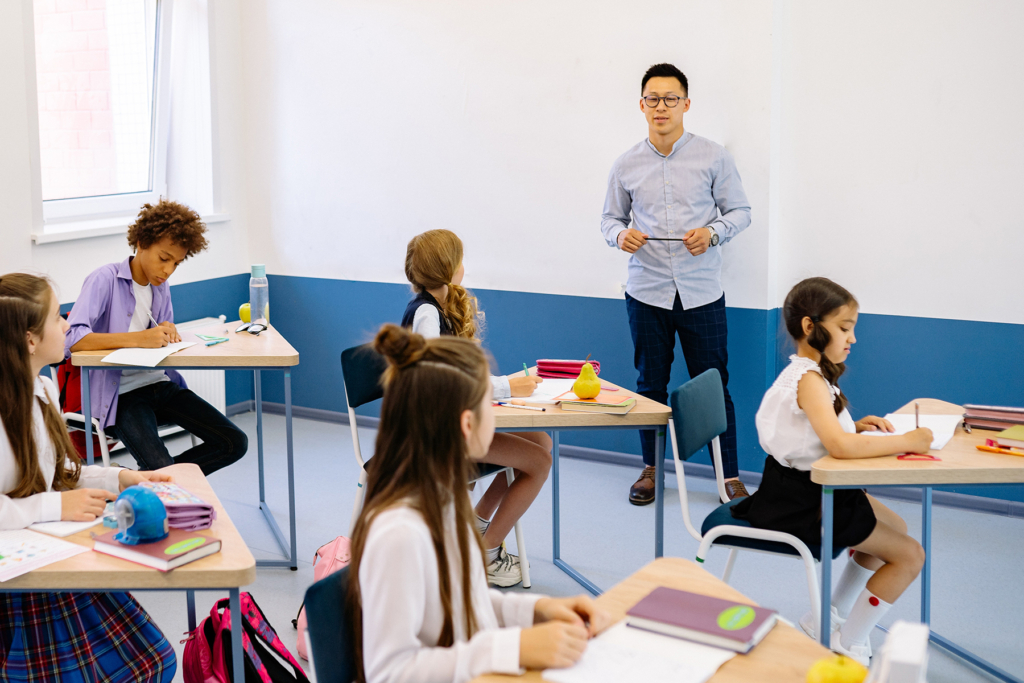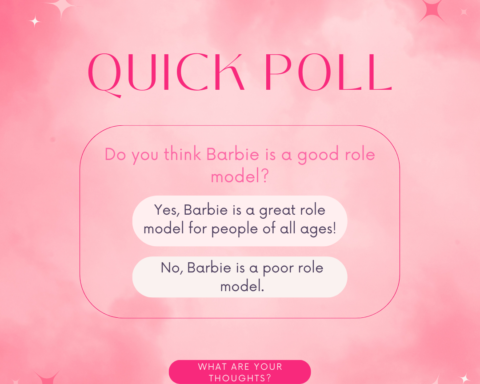
By Becca Jolly, Harding Charter Preparatory, Oklahoma City
As of 2023, Oklahoma ranks 49th in education. The year before, the state ranked 45th.
After the COVID-19 quarantine in 2020, schools across the state have been experiencing decreases in grades and test scores. Reports from the State Department of Education have shown slight improvements with 2022’s Oklahoma State Testing Program scores.
Even with the improvement most students are ranking basic or below level in subjects such as reading, science and math.
According to The Oklahoman, more than 38% of high school juniors were proficient or advanced in reading. Since 2021 they have improved by 8.47%.
In math, 33% of third and fourth graders hit grade level. Higher grades have worse scores. Grades 5-6 scored on level at a rate of 22-26%, but only 16% of 8th graders and 19% of 11th graders showed math proficiency.
But why are students scoring so low? What are schools doing to help solve this problem?
“There’s a huge disconnection between grades and learning,” said English teacher Maya Perez from Capitol Hill High School in Oklahoma City. “Everyone is focusing on their grades, but not learning.”
Gov. Kevin Stitt said in a tweet that children are paying the price because schools chose to stay closed.
“As a teacher, I can’t teach as much information, you know, over a screen,” said Christine Carllson, an 8th grade teacher from Independence Charter Middle School in Oklahoma City.
Perez said when students came back to school after the lockdown in 2020, they forgot how to go to school.
“Emotionally, socially, mentally, academically; they are behind in every way possible,” said Joscilyn Coleman, assistant principal at James L. Capps Middle School in Bethany.
Carllson said that students can’t connect with their teachers to form a relationship, causing distractions in learning.
“It’s the fear of the unknown really. It has affected kids academically but it’s kind of been on the backburner,” she said.
With these struggles, schools are taking a new direction in teaching in hopes of getting grades and test scores up.
Perez said at her school students get put in a raffle for prizes if they increase their scores.
Carllson said her school has a class period called Power Up. It’s 48 minutes where kids can get help on reading and math skills. She said her school district is also implementing late start days once a week, where kids can get extra help.
“We mainly work on other subjects like reading and math because it encompasses social studies and science,” she said.
Perez feels as though schools should aim towards the success of children, not test scores.
“Oklahoma does not place education as important, but then you turn around and we have the highest female incarceration rate,” Perez said. “Our state is not as progressive as it should be.”
“We’re failing our kids just in competition for jobs outside of school. If we don’t do better for kids, then we’re going to consistently be at the bottom of the barrel,” Coleman said.
Carllson believes schools should raise their standards. She said standards needed to be lowered in the past, but now they shouldn’t have to be.
“We need to raise the expectation so people will try to meet them,” she said.
“The more people outside of education know and really pay attention, the better off we’re going to be,” Coleman said. “We need more people fighting for our kids.”





